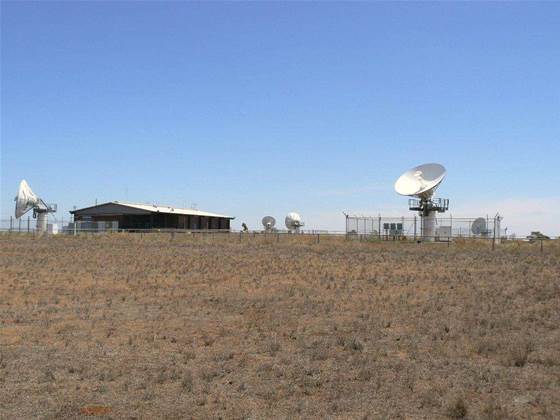Satellite mobile communications provider Pivotel has announced plans for a $20 million upgrade of its Australian facilities, following the launch of six next-generation satellites over Kazakhstan.

Pivotel this week welcomed the launch of its partner Globalstar's new satellite constellation, which would replace an ageing constellation that had become unreliable for voice calls.
The six "second generation" units were the first of a US$1 billion, 24-satellite fleet that would support data speeds of up to 256kbps in an internet protocol multimedia subsystem (IMS) configuration.
They would join eight other first generation satellites that were launched in 2007, and were expected to operate until 2025.
Pivotel planned to upgrade 2G gateways in its Dubbo NSW, Mt Isa QLD and Meekatharra WA ground stations that currently supported data speeds of 9.6 kbps.
It would also upgrade switching technology in its Sydney facility to support the internet protocol.
As the fleet was deployed, users would experience an improved quality of voice calls, according to Pivotel managing director Peter Bolger.
Faster data speeds and new applications would become available as handset technology improved, he said, following which Pivotel would move from time- to megabyte-based pricing.
The company currently has more than 8,000 data customers, plus roaming agreements with Vodafone and Telstra.
Pivotel operates on both the Globalstar and Iridium satellite networks. The former was said to provide superior data coverage, and the latter was preferred for voice.
Iridium was expected to launch a new constellation between 2015 and 2017, which would also support high-speed data services.
Bolger called for greater support for satellite providers from the Australian Government, regulators and competition authorities.
"It is essential that there is an open and equitable telecommunications environment that encourages and supports investments in new infrastructure to deliver services into the vast under- served areas of the country," he said.


.png&h=140&w=231&c=1&s=0)

.png&h=140&w=231&c=1&s=0)



_page-0001.jpg&w=100&c=1&s=0)

.png&w=120&c=1&s=0) Tech in Gov 2025
Tech in Gov 2025
 Forrester's Technology & Innovation Summit APAC 2025
Forrester's Technology & Innovation Summit APAC 2025
 Integrate Expo 2025
Integrate Expo 2025
.png&w=120&c=1&s=0) Security Exhibition & Conference 2025
Security Exhibition & Conference 2025
 Digital As Usual Cybersecurity Roadshow: Brisbane edition
Digital As Usual Cybersecurity Roadshow: Brisbane edition











.jpg&h=140&w=231&c=1&s=0)



